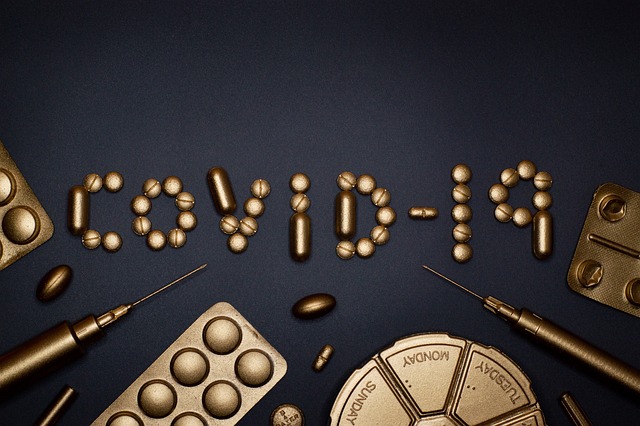When navigating the complexities of autoimmune diseases, many individuals find comfort in the potential of vitamins as a supportive component of their treatment journey. Understanding the treatment of autoimmune diseases often requires a holistic approach that encompasses not just medical interventions but also lifestyle choices, particularly in the realms of healthy nutrition and overall wellness.
Embracing a healthy lifestyle is crucial for those seeking to enhance their immune system. Regular exercise, sufficient sleep, and stress management all play a significant role in strengthening our body’s defenses. However, no healthy lifestyle is complete without the right nutrition, and this is where vitamins come into play. Vitamins are essential compounds that our bodies need to function optimally, especially when dealing with the challenges posed by autoimmune diseases.
For instance, Vitamin D has garnered considerable attention for its role in immune modulation. Studies suggest that it may help reduce the severity of autoimmune responses. Adequate levels of Vitamin D can be achieved through safe sun exposure and dietary sources, such as fatty fish and fortified foods. By incorporating these foods into your diet, you are not just nurturing your body, but actively participating in your own healing process.
Similarly, the importance of Vitamin C, an antioxidant, cannot be overstated. It aids in repairing tissues and boosting the immune system, making it beneficial for individuals with immune system ailments. Foods rich in Vitamin C, such as citrus fruits, berries, and leafy greens, should be integral to a healthy diet aimed at the treatment of autoimmune diseases. These nutrients can help reduce inflammation and improve overall health, equipping your body to better handle the challenges of autoimmunity.
Furthermore, the B vitamins, including B6 and B12, are critical in supporting energy levels and cognitive function, which can sometimes be affected in autoimmune conditions. Incorporating whole grains, legumes, nuts, and seeds into your meals can help ensure you get these vital nutrients. A balanced diet rich in vitamins not only fosters physical health but can also improve mental well-being, providing a sense of control in an often unpredictable situation.
It’s also essential to recognize that supplementation may be necessary in certain cases, especially when dietary intake falls short. Consulting with healthcare professionals about effective vitamin supplementation can further support the treatment of autoimmune diseases, paving the way for enhanced immune function and overall health.
By focusing on a healthy lifestyle and nourishing your body with the right vitamins, you not only uplift your immune system but also embark on a personal path toward resilience in the face of autoimmune challenges. The journey may be complex, but with the right strategies in place, you can empower yourself and take significant steps toward better health.




